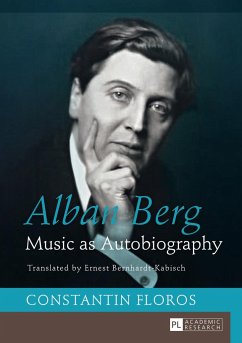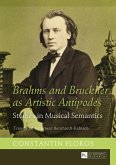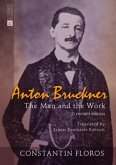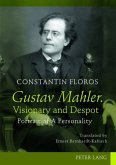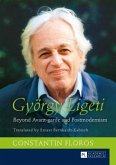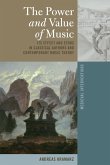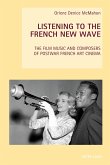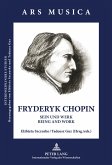The central point of this book is the realization that the creative work of Alban Berg, which in recent years has moved to the forefront of scholarly interest, is largely rooted in autobiography, so that therefore one can gain access to the music by studying the inner biography of its creator. Accordingly, the first of the three parts of this volume outlines a character portrait of this great composer. Part two considers the conditions relevant to a deeper understanding of Berg and of the Second Viennese School generally. In part three, then, Berg's key works will be analyzed and semantically deciphered in terms of his inner biography. The study is based not only on the sources in print but also on the rich unpublished material. Alban Berg was incapable of composing without a program. He needed an extra-musical stimulus. With him, personal experience was the indispensable condition of the creative process: the autobiographic reference was all-important for composing.
«Arguably the best, most significant book about Alban Berg, because it both provides new insights to musicological research about the impact of the Schoenberg Circle and familiarizes interested music lovers with one of the most important composers of the 20th century.» (Professor Dr. Rainer Bischof, Vice President of the Alban Berg Foundation, Vienna)
«Floros uses studies of the surviving sketches to illuminate his musical discussions in a way that goes further than any previous full-length study of this composer.» (Anthony Pople)
«Floros uses studies of the surviving sketches to illuminate his musical discussions in a way that goes further than any previous full-length study of this composer.» (Anthony Pople)

